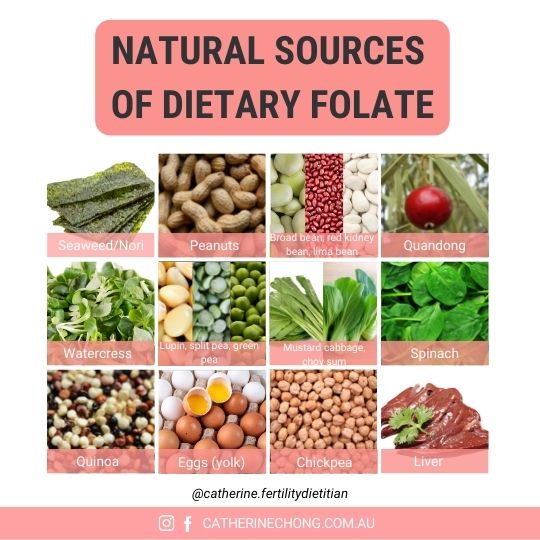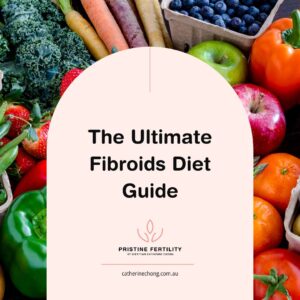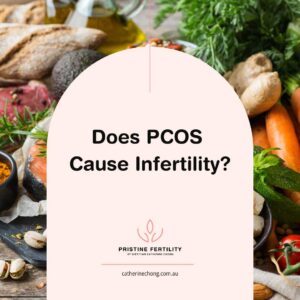Understanding the Benefits of Folic Acid Supplements
When preparing for a healthy pregnancy, choosing the right folate supplement is crucial.
Many are familiar with the benefits of folic acid supplements in preventing neural tube defects (NTDs)—serious birth defects that occur when the neural tube doesn’t close properly during the early stages of pregnancy, affecting the brain and spine.
In this blog post, we’ll delve into the differences between traditional folic acid and the newer ‘activated folate’ supplements, equipping you with the knowledge to make an informed decision.
What’s Folate?
Think of folate as a collection of essential compounds within vitamin B9. Folate can be found in natural food sources and supplements like folic acid, folinic acid, and ‘activated folate’, also known as methyfolate.
The benefits of folic acid supplements extend beyond general health. Folate is crucial for DNA synthesis, genetic material production, and cell division, making it vital for pregnancy. Achieving an optimal folate level is essential for women trying to conceive, especially within six months before and during pregnancy.
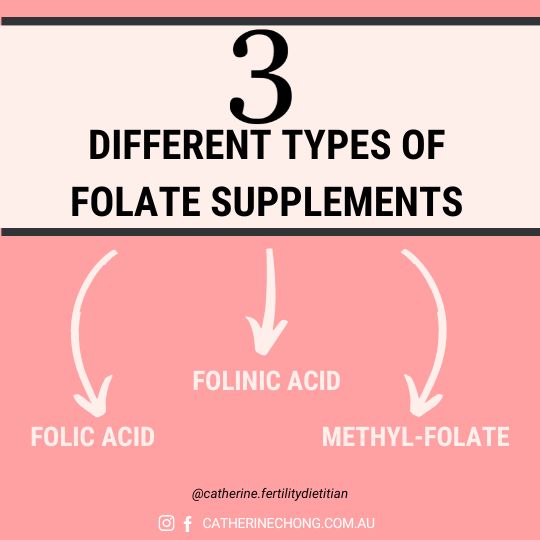
Natural Folate Sources
You can find folate in a variety of natural foods:
- Liver
- Vegetables (seaweed, Chinese flowering cabbage, Chinese cabbage, rocket, broccoli, spinach)
- Fruits (Quandong, Australian Wild Peach)
- Grains (quinoa)
- Nuts (peanuts)
- Beans, legumes and peas (lima bean, broad bean, kidney bean, lupin, split pea, chickpea and green pea)
- Chicken egg yolk
*Consuming high amounts of liver while trying to conceive or during pregnancy can lead to vitamin A toxicity and is therefore not advised.
Unlocking the Essential Benefits of Folic Acid Supplements for Pregnancy
During pregnancy, folate’s importance rises due to its essential role in DNA replication and regulating homocysteine levels. These functions are critical for healthy cell growth and development, particularly during the early stages of pregnancy.
A shortage of folate during these critical times can elevate the risk of complications for the mother and her unborn child. Mothers might face anemia and nerve damage, while babies could experience low birth weight, preterm delivery, and delayed growth.
The current guidelines recommend 400 micrograms of folic acid daily for women planning pregnancy, at least a month before conception and through the first trimester. This supplementation strategy has the most proven evidence in preventing neural tube defects.
Overconsumption of Folic Acid
Ensuring adequate intake of folic acid is pivotal. However, consuming excessive amounts — typically over 1,000 micrograms daily—can be detrimental.
Early studies suggest that unmetabolised folic acid may pose potential risks, although the results remain inconclusive.
Overconsumption might mask vitamin B12 deficiency symptoms, which could lead to irreversible neurological issues.
Certain populations, such as chronic alcohol users and individuals with coeliac disease or obesity, may require increased supplementation due to a heightened risk of folate deficiency. Always consult your doctor or a fertility dietitian before commencing a high-dose folic acid supplementation.
MTHFR Gene Variant
If you have been identified with the methylenetetrahydrofolate reductase (MTHFR) gene variant, it may be advantageous to consider dietary supplements containing “activated folate” (methyfolate).
This is because individuals with specific MTHFR variants can demonstrate a diminished capacity to metabolise folate into its active form, 5-MTHF, due to the reduced enzymatic activity of MTHFR. The bioavailability of 5-MTHF in supplements is the same as or greater than that of folic acid.
What About Folinic Acid?
Folinic acid is not fully activated. Instead, it’s a reduced form of folic acid, often prescribed to those with cancer or autoimmune diseases like rheumatoid arthritis undergoing Methotrexate treatment. Before the body can utilise it, folinic acid follows a metabolic pathway like folic acid.
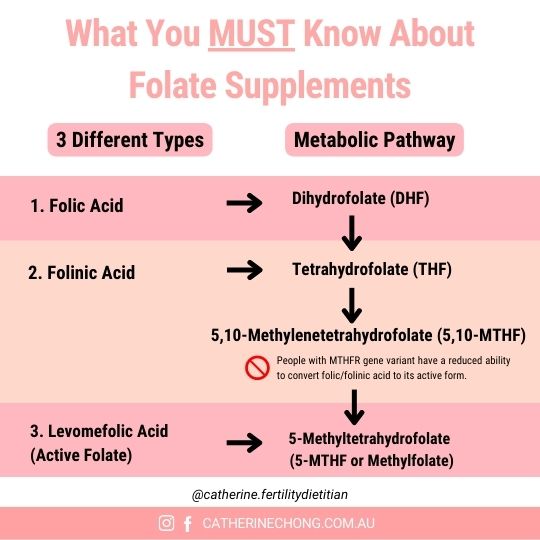
If you’re taking a folinic acid supplement due to an MTHFR gene variant, it’s essential to note that this may not provide the benefits you anticipate.
The Bottom Line
- Folate plays a pivotal role in ensuring a healthy pregnancy.
- The benefits of folic acid supplements include a proven track record in preventing neural tube defects.
- For those with the MTHFR gene variant, activated folate supplements might be preferable. Always consult a fertility dietitian for tailored advice on folic acid supplementation during your pregnancy journey.
Need Further Help?
For a deeper understanding of MTHFR testing and to determine the optimal folate supplement for your needs, schedule a consultation with Dietitian Catherine Chong. Benefit from a tailored prenatal supplement strategy and a comprehensive nutrition plan, ensuring the best foundation for a thriving pregnancy.
You May Also Be Interested In
Disclaimer: Content on this website is provided for information purposes only and should not be replaced with medical advice. We recommend you discuss with your healthcare providers (doctor, dietitian, pharmacist, etc.) any medical questions for diagnosis and treatment, dietary plan, or use of any medications and nutritional supplements before you make any changes. DietitianChong Pty Ltd shall not bear any liability for reliance by any user on the materials contained on this website.

